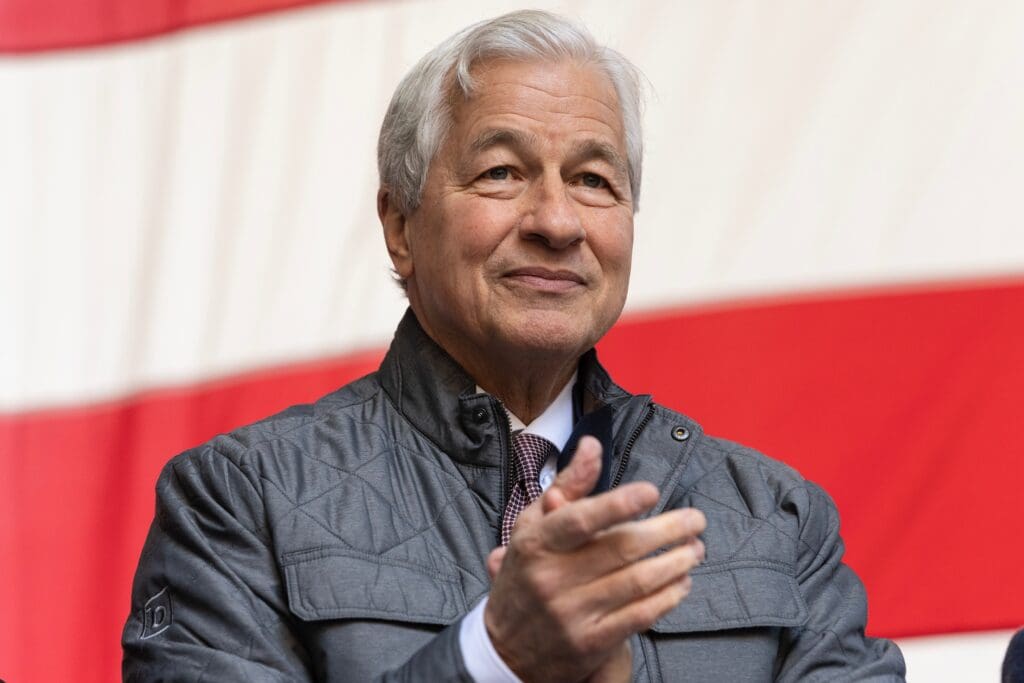JPMorgan CEO Jamie Dimon has underscored the essential role of business travel for executives, asserting that those who neglect it risk failure.
Despite the rise of videoconferencing tools, Dimon maintains that in-person meetings are irreplaceable for effective leadership.
In an episode of LinkedIn’s This is Working series, Dimon explained his frequent travel schedule, emphasising that leaders must prioritise direct engagement with employees, customers, and clients. “Leaders have to get out. They have to get out all the time. They have to be curious; ask a million questions,” he remarked.
Dimon also highlighted that corporate travel enables leaders to learn from competitors and gain a clearer understanding of their company’s market position and client needs. He stated, “I always tell a client, when you complain to us, you’re doing us a favour. If we’re torturing you, we’re probably torturing another 10,000 or 100,000 people.”
Addressing leaders who claim they are too busy to travel, Dimon warned, “They’re making a huge mistake. If you don’t have an accurate assessment of the real world out there—what’s changing, what they’re doing, what the ideas are—you will eventually fail.”
He added that companies led by such executives risk becoming stagnant and bureaucratic. Instead, curiosity, grit, and heart are vital attributes for success. Reflecting on JPMorgan’s venture into AI in 2012, Dimon recounted sending his top consumer banking team to China to meet with major companies like Ping An, WeChat, Tencent, and Alibaba. “You can imagine how it opens their eyes,” said Dimon. “They didn’t realise what’s going on over there in terms of super apps, and so it changes your own ability of what you can do here.”
Dimon expressed concern over the lack of realistic assessments among many leaders in both public and private sectors, which he believes leads to poor policy creation. “Complacency and politics is the petri dish of death. And the antidote to that is that you’re always learning, always curious,” he concluded.


